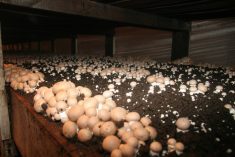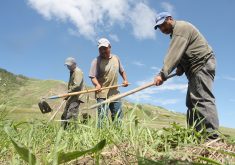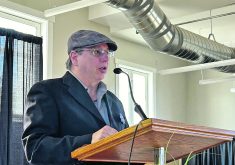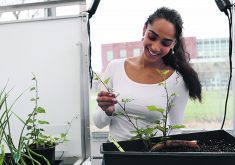Farmers and industry members saw a gap in the needs of employers and the skills of current and prospective employees
Neil Bareman needed to take a look at one of the pivot mechanisms on the irrigation line that was not doing a full rotation.
He was busy with other urgent farm issues, and he thought about delegating this to one of the farm hands, but then thought better of it. None of them were familiar with the equipment.
Learning on the job is the traditional way to get started farming. However, with new technologies, science-based methods and environmental concerns now more in play, producers today may find their employees need training to learn about basic machine maintenance and crop preparation.
The Taber area of southern Alberta is unique on the Prairies, with its highly irrigated land where often intensive inputs are used to achieve large outputs, and equipment is adapted for row cropping. The equipment needs maintenance and this requires technical knowledge.
Through surveying the needs of the industry, concerned farmers and industry members like Neil Bareman and Sid Tams saw a gap in the needs of employers and the skills of current and prospective employees. Pulling most of their labourers from the local population, who sometimes have low English literacy rates and challenges with completing high school, Bareman says these young people, coming into the agricultural industry, often need a boost to be ready for field work.
Colere Collegiate Institute in Taber hopes to be the solution to these needs. The school offers a curriculum that delivers courses within two to three days instead of the usual three weeks to six months offered by community colleges. Bareman and Tams are on the board of directors.
They bring in subject experts who can break down important technical tasks into bite-sized teaching modules.
Tams said the school covers things such as pivot maintenance and sprayer calibration, three-point hitch operation and maintenance and a “mechanical functioning hydraulic lifting tow bar.”
He said these operations require detailed, hands-on experience to run properly and safely.
Students will be taken to the work site and instructed by experienced members of the industry. The students, who must achieve 90 percent or better to pass, can apply the skills at their current work situations.
Bareman and Tams plan to continue to look to members of the industry for their input into what courses need to be developed.
Time management is important for farm owners and labourers, and with this in mind the collegiate aims to make their courses as accessible as possible.
Training in the Workplace Hazardous Materials Information System (WHMIS) was the first pilot course offered in September 2023, with five students attending. With help from an interpreter, all were from a German speaking community, and all passed.
Future course areas include soil testing, basic welding, math skills, introductory agronomy and farm terminology.
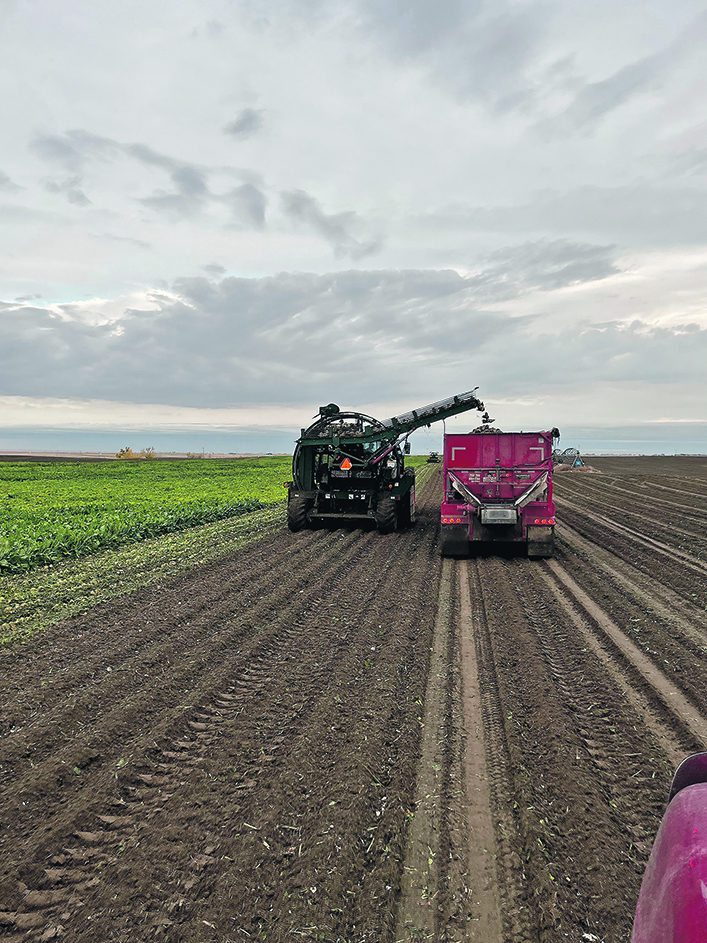
“We have had talks with people from around the world that would like to put on symposiums with us,” said Tams.
Colere has leased 220 acres of land from the Town of Taber on which it plans to grow experimental crops focusing on variety development and input testing.
“We will be going about this winter offering research opportunities to local industries to do on this land,” said Bareman.
Demand for these subject-specific courses is high. Often the expense for holding the classes has been paid by employers, and students on many occasions take the courses during paid work hours.
Colere planners expect that more community facilities such as classrooms at local schools and services like English language lessons through regional community colleges will be made available as local employers express their needs.
Still in its infancy, the school intends to continue to focus on row cropping curriculums. The school’s board of directors hope to later move into the intensive livestock sphere and help train that labour force.
Back on his farm, Bareman examined his newly repaired irrigation head as it successfully does a full rotation.
“Can’t wait till one of my farm hands can do this for me,” he said.



